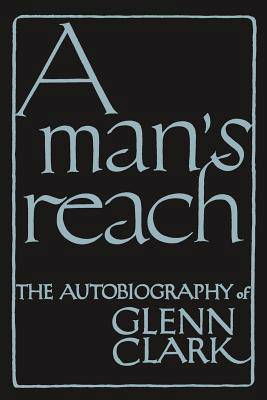
- Retrait gratuit dans votre magasin Club
- 7.000.000 titres dans notre catalogue
- Payer en toute sécurité
- Toujours un magasin près de chez vous
- Retrait gratuit dans votre magasin Club
- 7.000.0000 titres dans notre catalogue
- Payer en toute sécurité
- Toujours un magasin près de chez vous
19,45 €
+ 38 points
Description
2013 Reprint of 1949 Edition. Full facsimile of the original edition, not reproduced with Optical Recognition Software. Clark was a man who, without being himself a recognized "New Thought" leader, has been highly influential in introducing "New Thought" ideas and techniques into the churches. Clark was deeply religious and something of a mystic, a great believer in prayer. He first came into prominence through an article in the "Atlantic Monthly" titled "The Soul's Sincere Desire." He began to be much in demand as a speaker in the churches and in summer camps. In 1930 he organized a summer camp of his own in Koronis, Minnesota to which he gave the name "Camp Farthest Out." Here for a period, amidst pleasant surroundings, a group of congenial and serious-minded people met for a season of fellowship, relaxation, and spiritual renewal, under the direction of Dr. Clark and others of somewhat similar views. In 1942 he resigned from his position at the College to give all his time to helping others discover this integration of body, mind and spirit in God. Through a series of experiences told in his autobiography, "A Man's Reach," he had been brought to an unusual interest in prayer, and it became his major concern and emphasis. It set him to reading especially the works of the mystics and about them and their approach to God. Among the books he read was "Life Understood" by Frank Rawson, a onetime Christian Scientist who had been expelled from the church, and went on to become an influential leader of "New Thought" in England. The thing that attracted Clark to Rawson, he says, was that "he believed one's prayers could be just as scientifically infallible as the laws of physics and chemistry."
Spécifications
Parties prenantes
- Auteur(s) :
- Editeur:
Contenu
- Nombre de pages :
- 320
- Langue:
- Anglais
Caractéristiques
- EAN:
- 9781614274704
- Date de parution :
- 08-09-13
- Format:
- Livre broché
- Format numérique:
- Trade paperback (VS)
- Dimensions :
- 152 mm x 229 mm
- Poids :
- 471 g

Les avis
Nous publions uniquement les avis qui respectent les conditions requises. Consultez nos conditions pour les avis.






